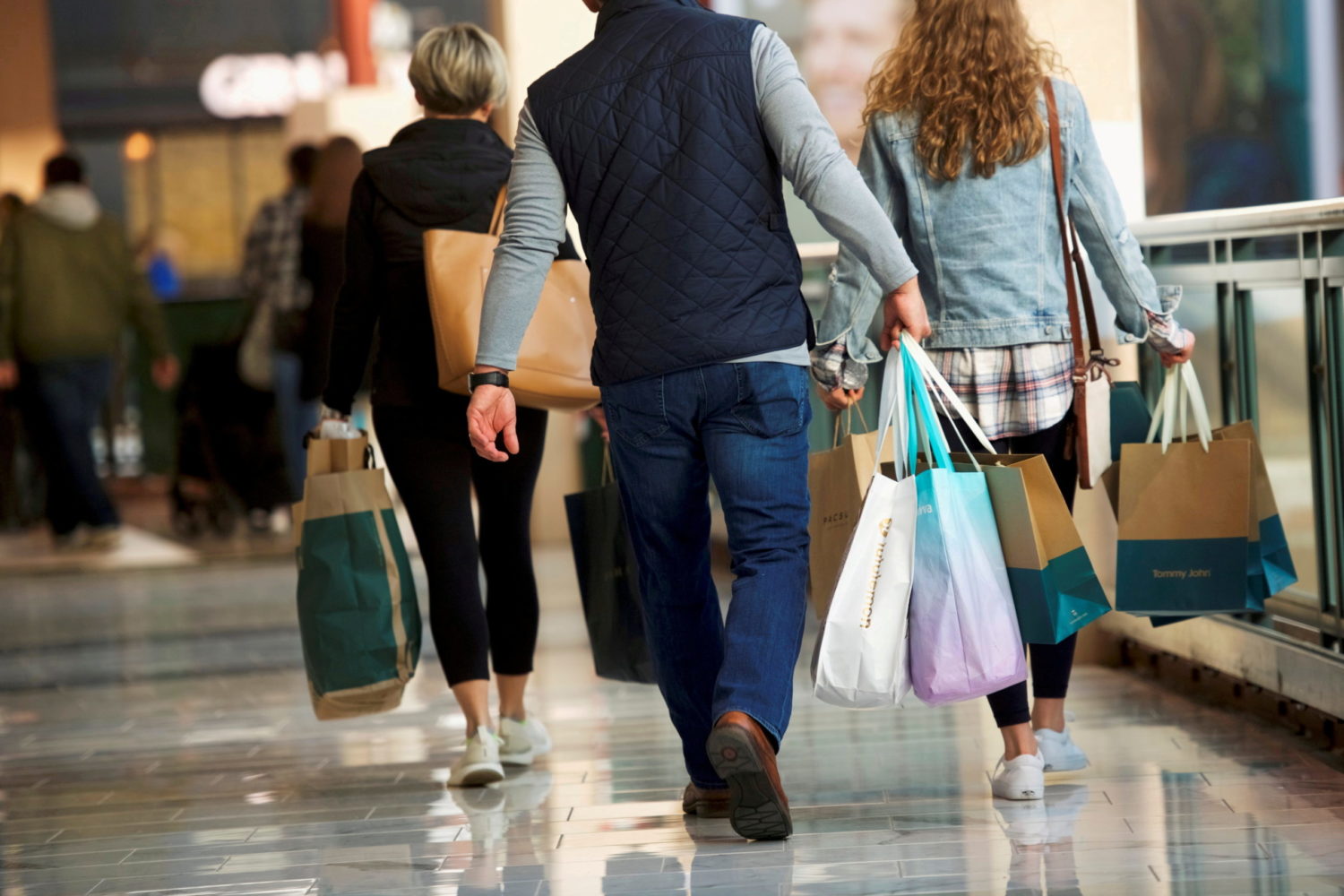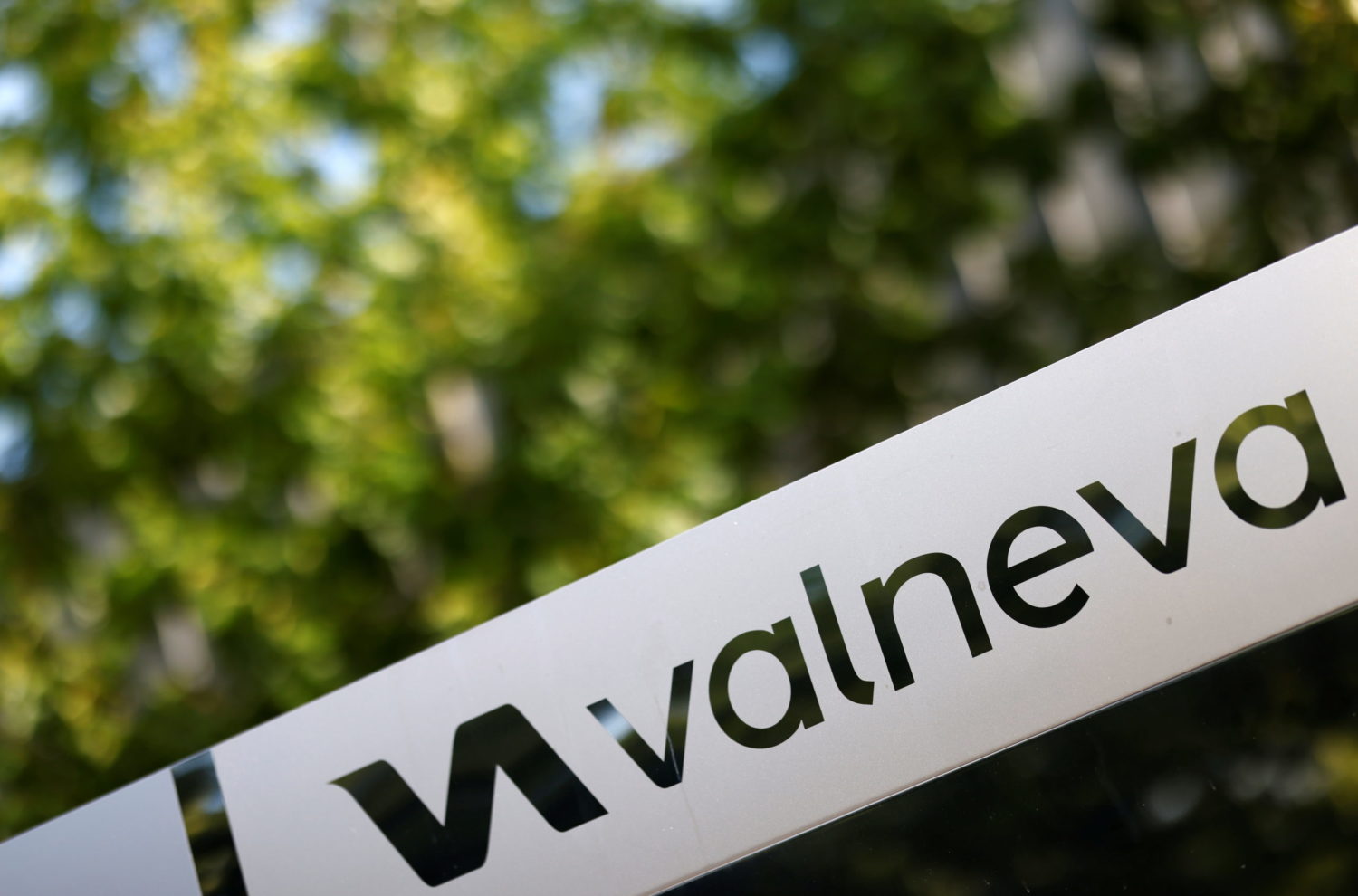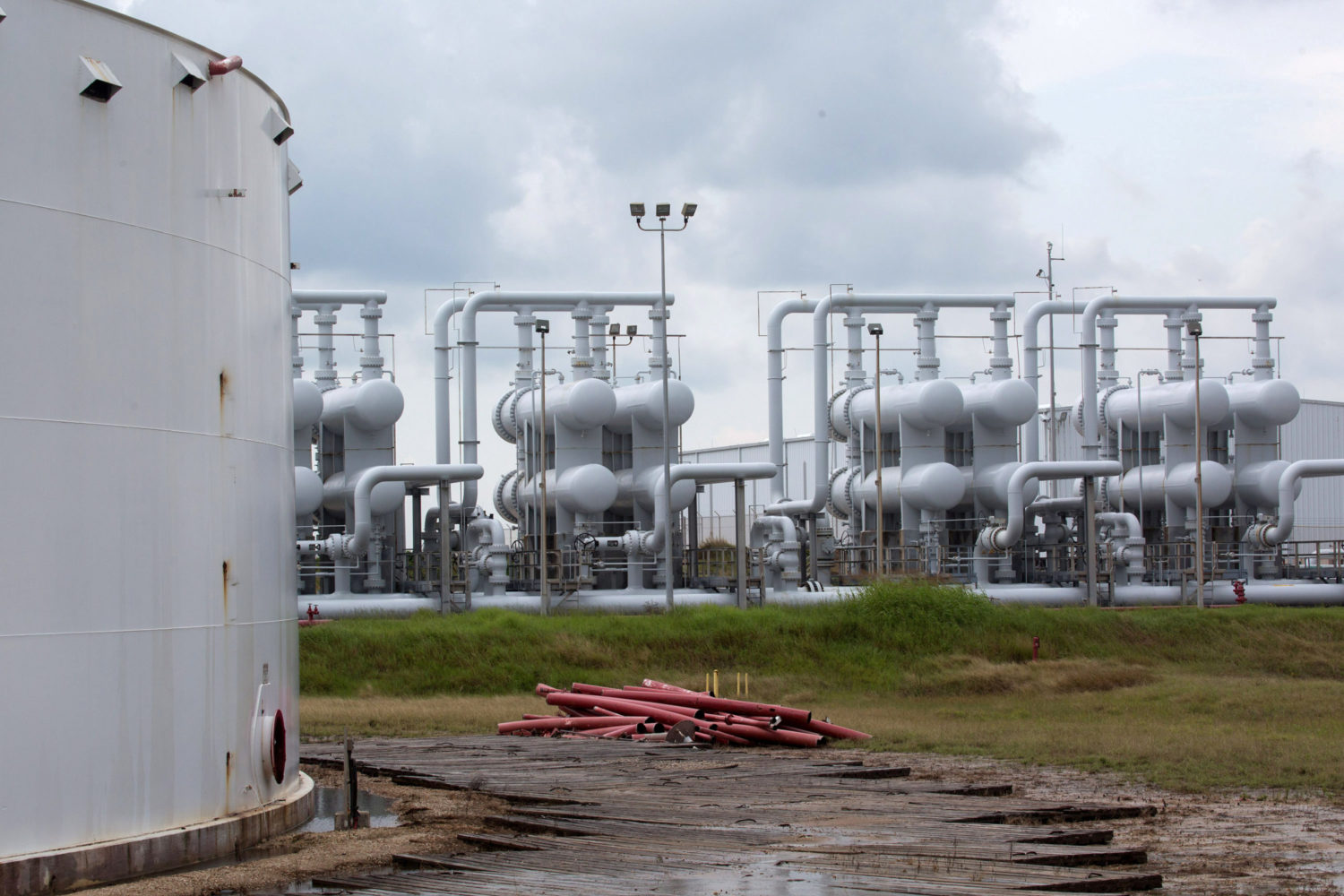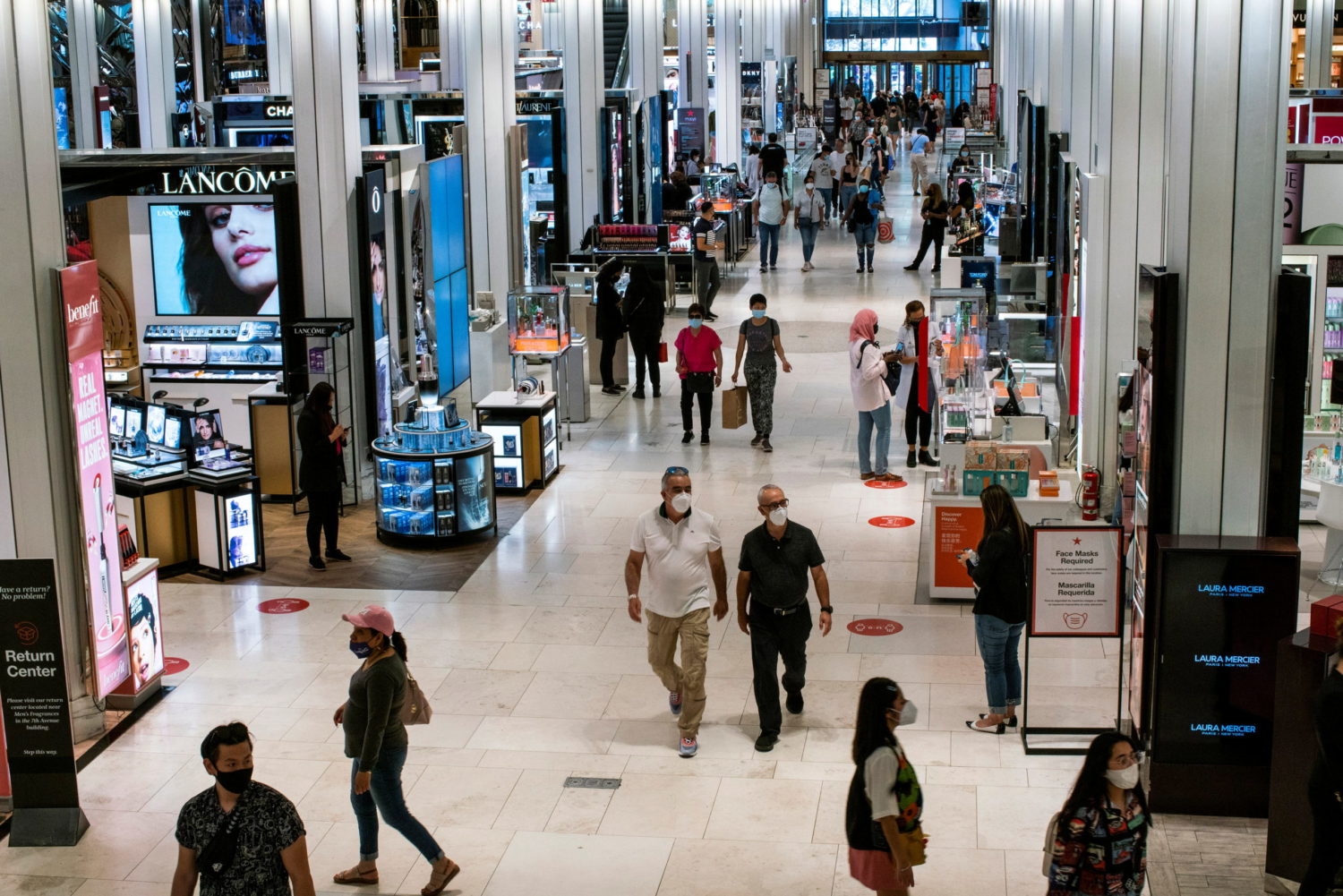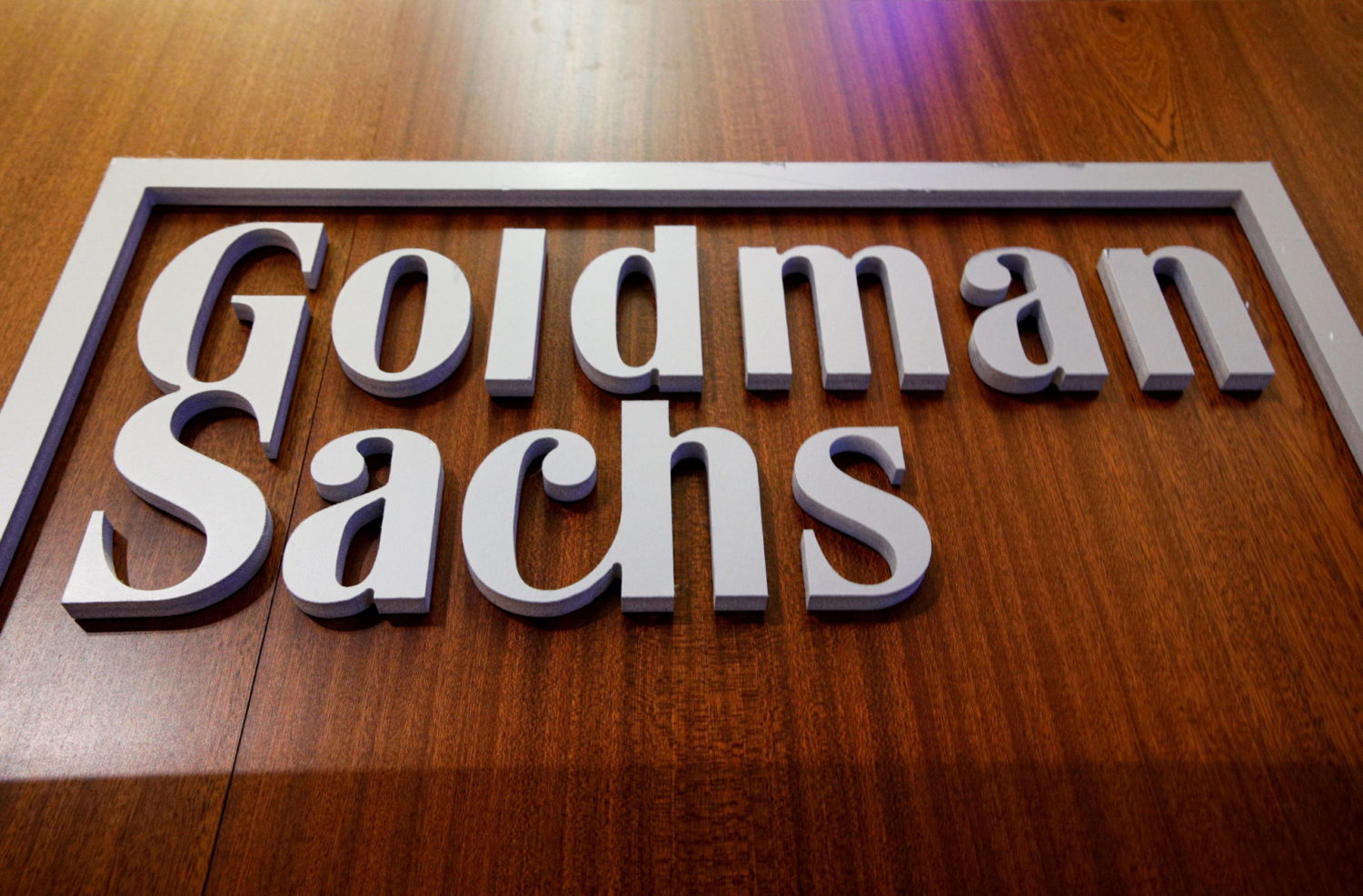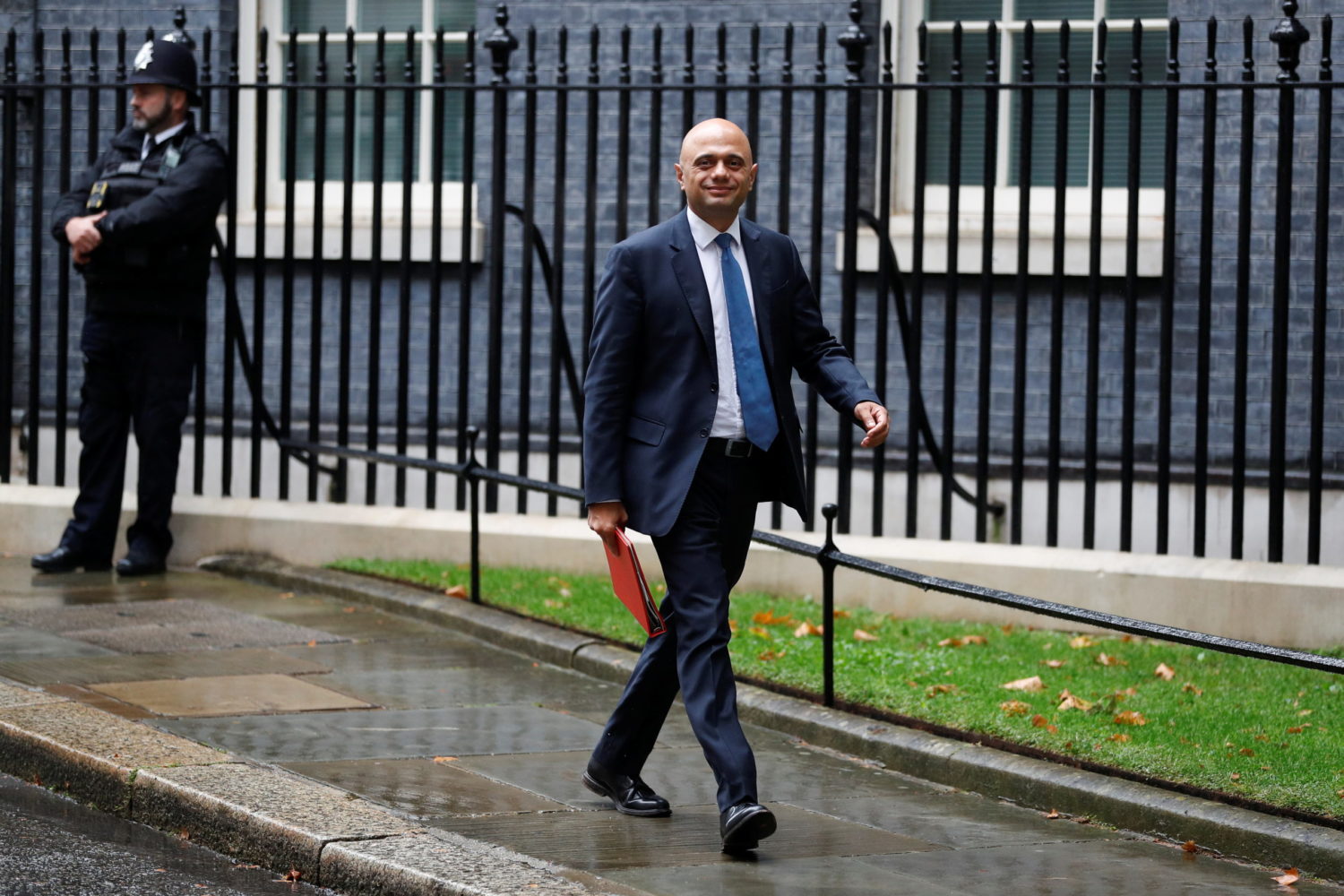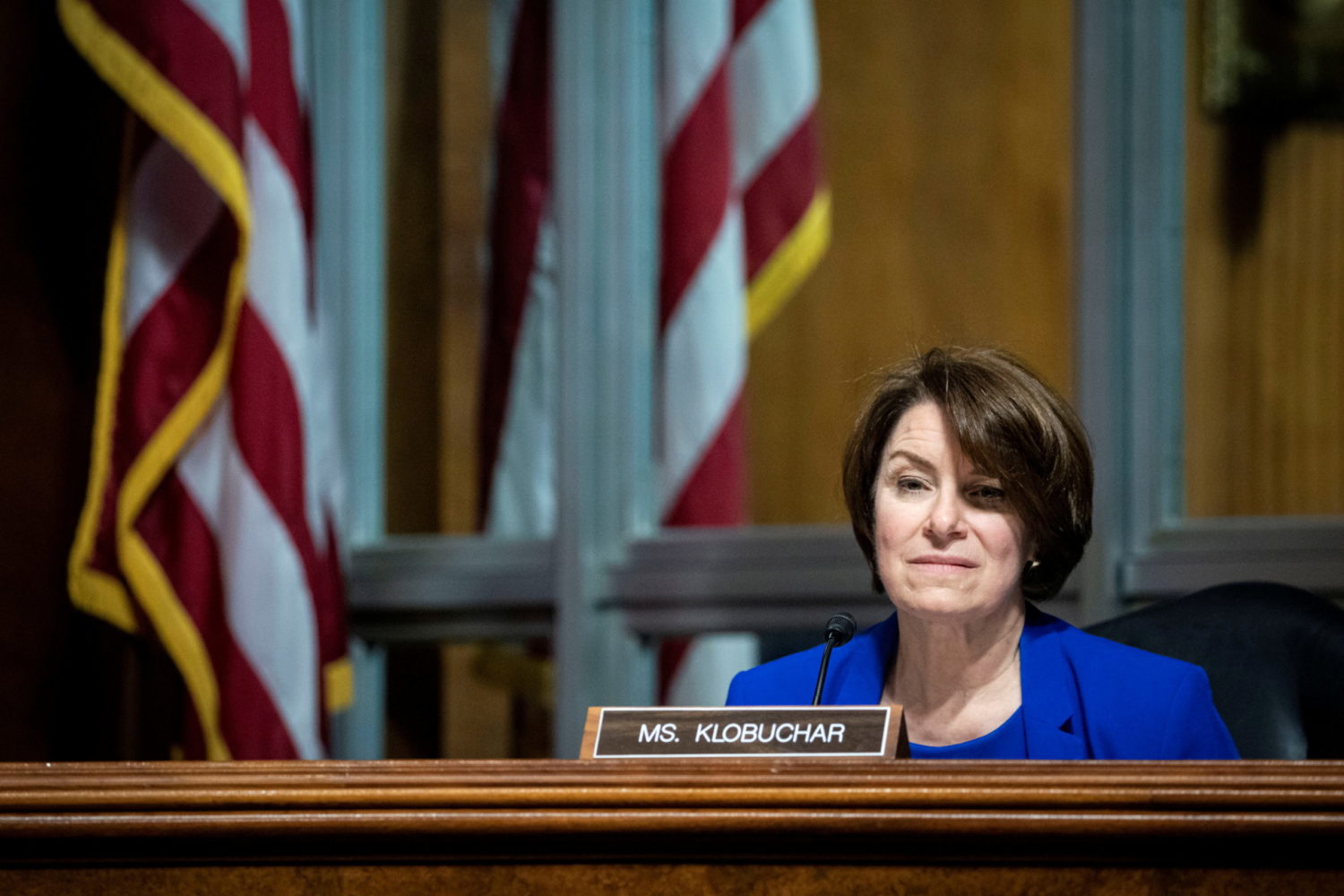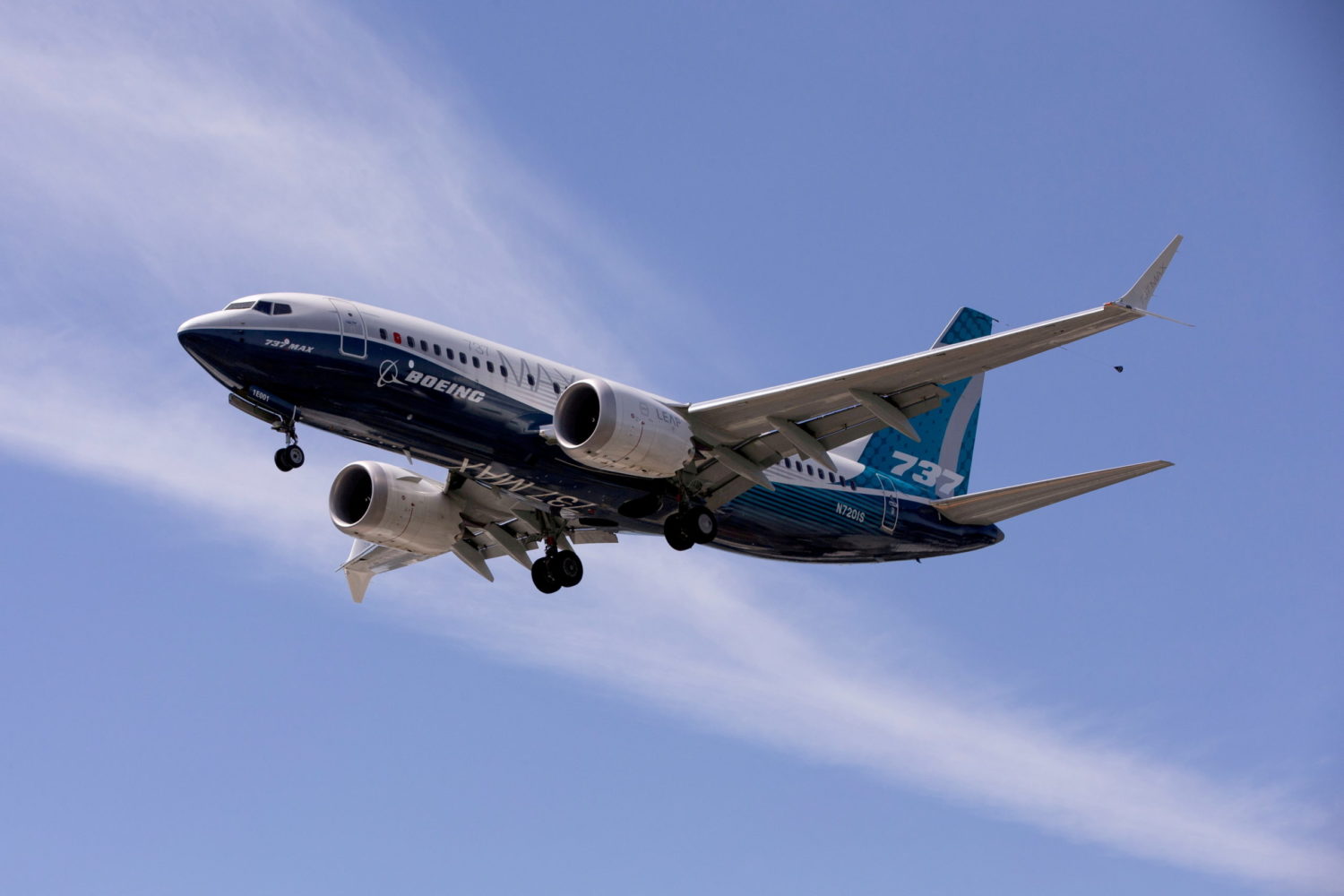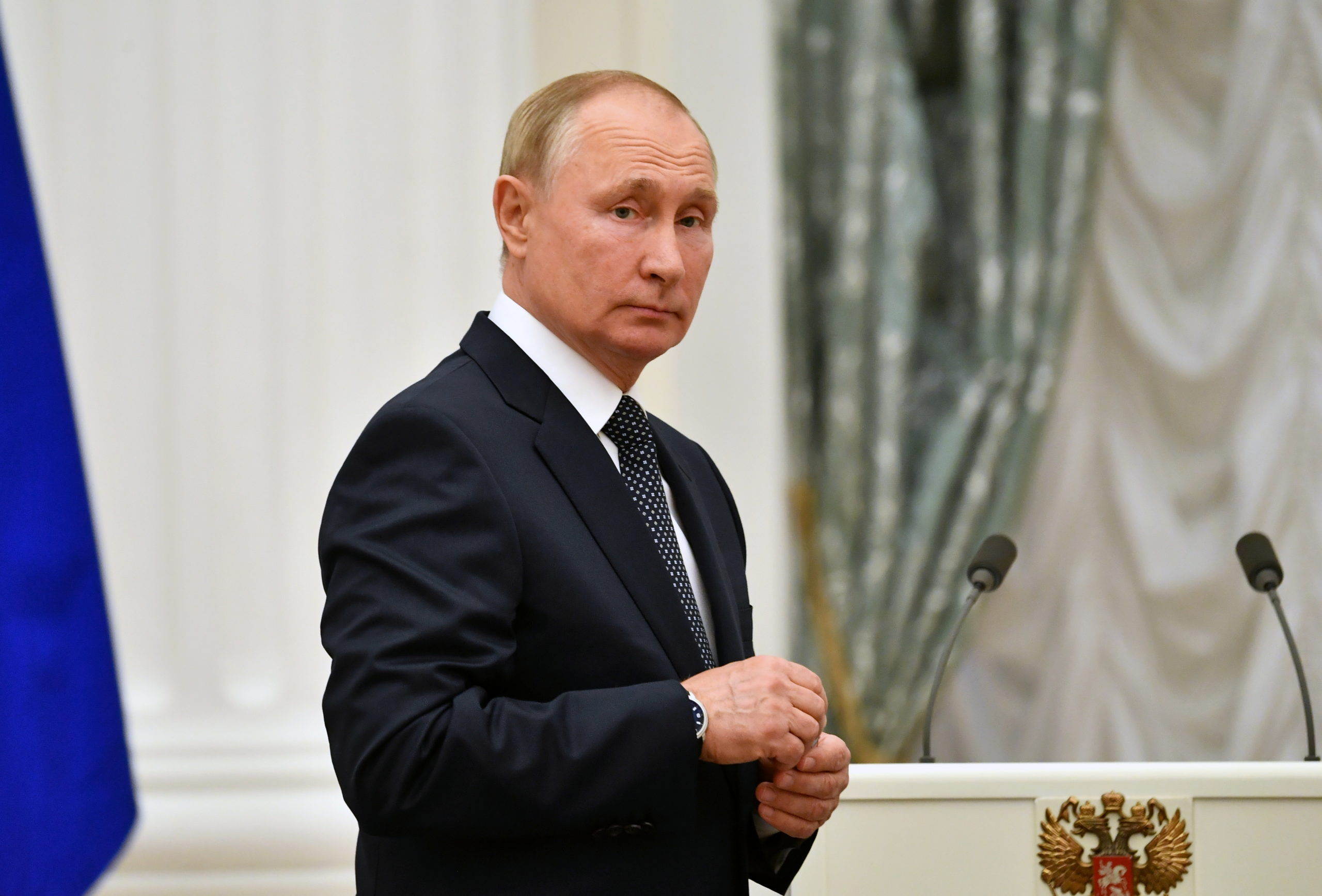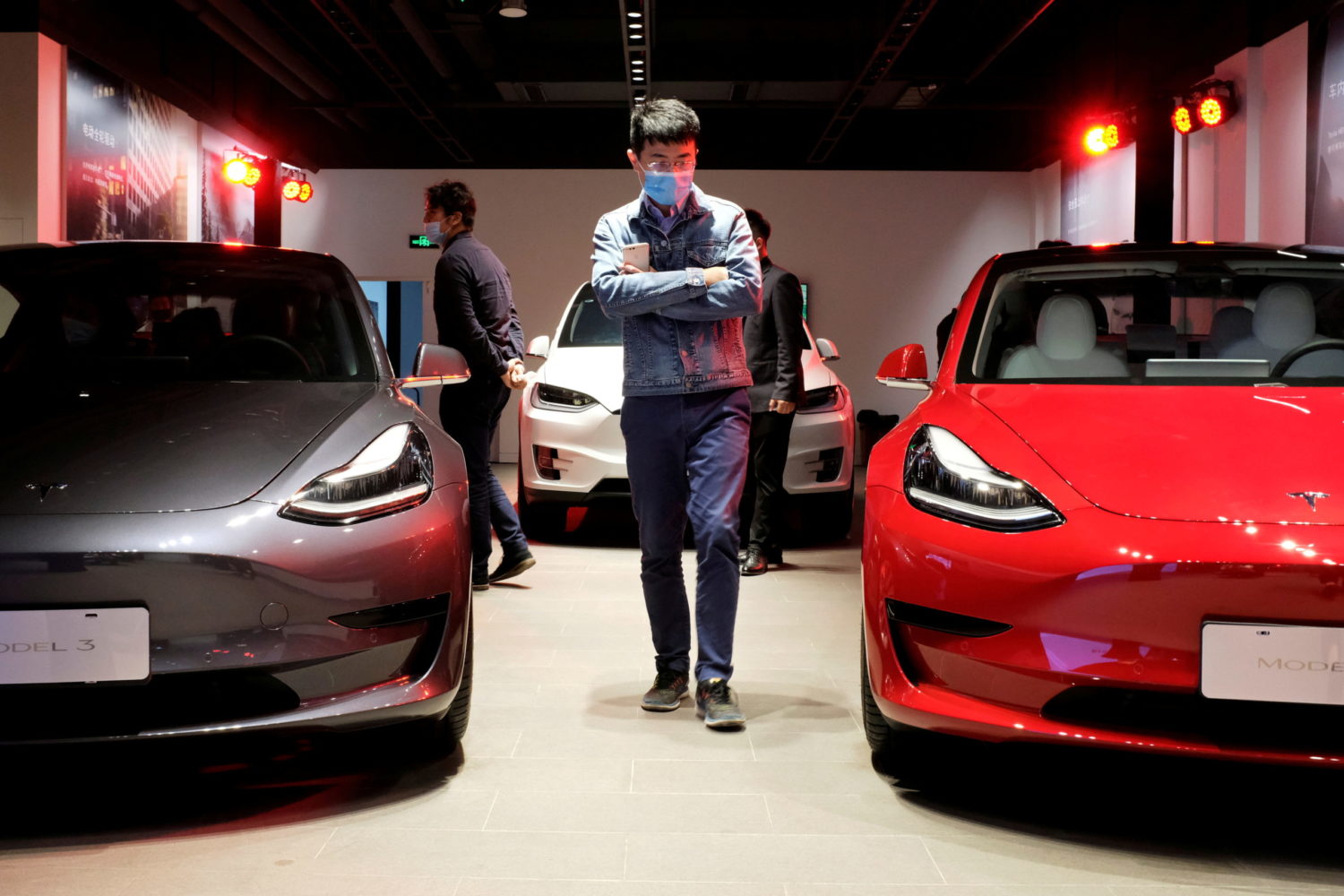
SHANGHAI (Reuters) – China, the world’s biggest vehicle market where regulators are implementing new rules on data protection, is developing machines that will be able to track data sent abroad by cars, a government-backed agency said on Tuesday.
Cars are being fitted with an ever-increasing array of sensors and cameras to assist drivers. But the data such equipment generates can also be used by manufacturers to develop new technologies, such as autonomous driving systems, raising privacy and security concerns, particularly when the information is sent abroad.
U.S. electric carmaker Tesla Inc is under scrutiny in China over its storage and handling of customer data.
Beijing has been increasingly concerned over the mountains of data amassed by private firms and whether such information could be attacked or misused, especially by foreign states. It recently implemented a new data security law and is tightening up oversight in other related areas.
In May, Reuters reported that staff at some Chinese government offices were told not to park their Tesla cars inside government compounds due to security concerns over vehicle cameras, according to two people with knowledge of the matter.
China Automotive Engineering Research Institute Co Ltd (CAERI) said in a statement it has developed a system to analyse the path of data transmission by using a communication-detection device to monitor uploaded data and data gathered from vehicles in a testing environment.
CAERI said the system is the first of its kind in China and was praised by government bodies.
The institute also tested several vehicles, including Tesla’s Model 3 sedan as well as sport-utility vehicles made by Audi, Daimler Mercedes-Benz and Land Rover, the statement said. It did not disclose the results.
Global automakers, including Tesla, Ford Motor and BMW, told Reuters in May they were setting up local data centers to comply with China’s regulatory requirement.
(Reporting by Yilei Sun and Brenda Goh; Editing by Bernadette Baum)
